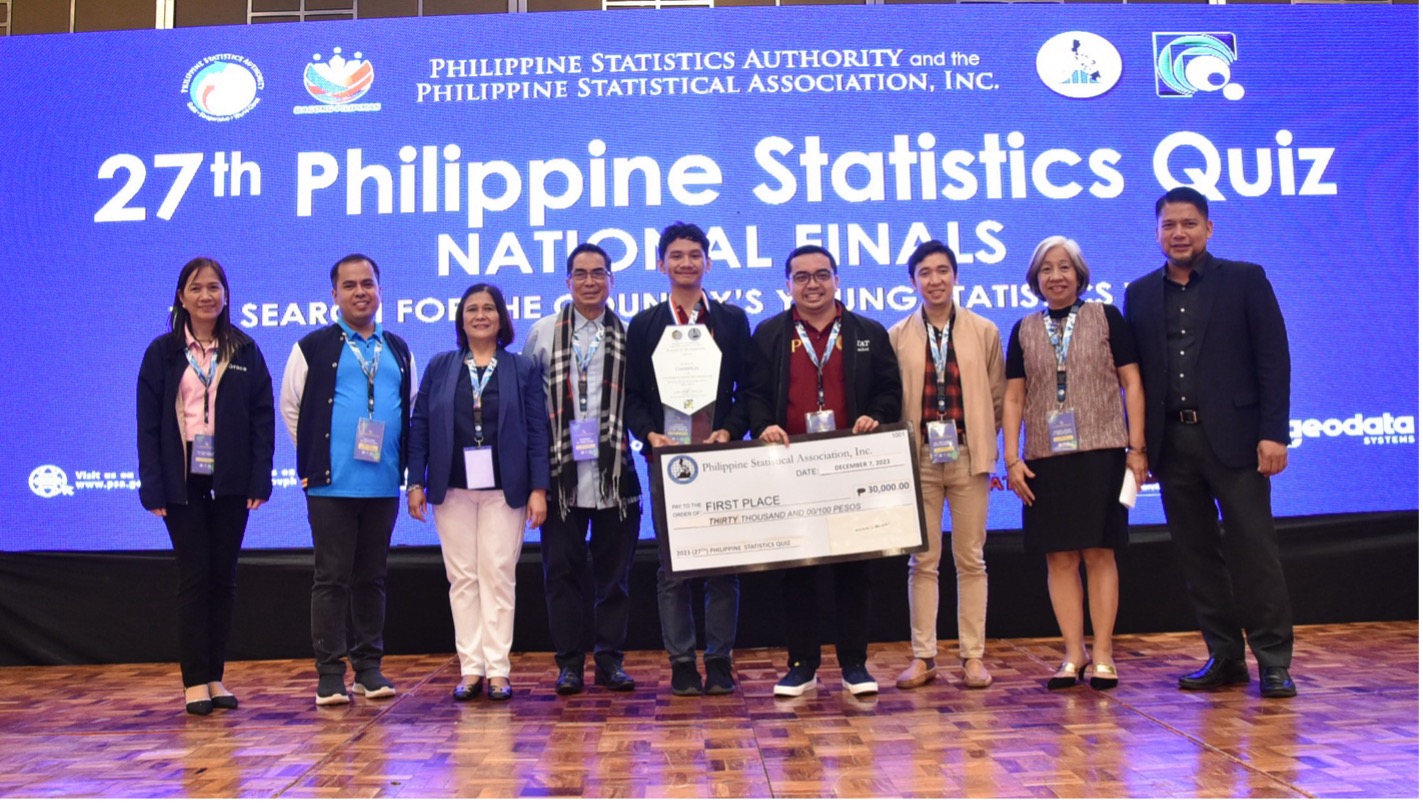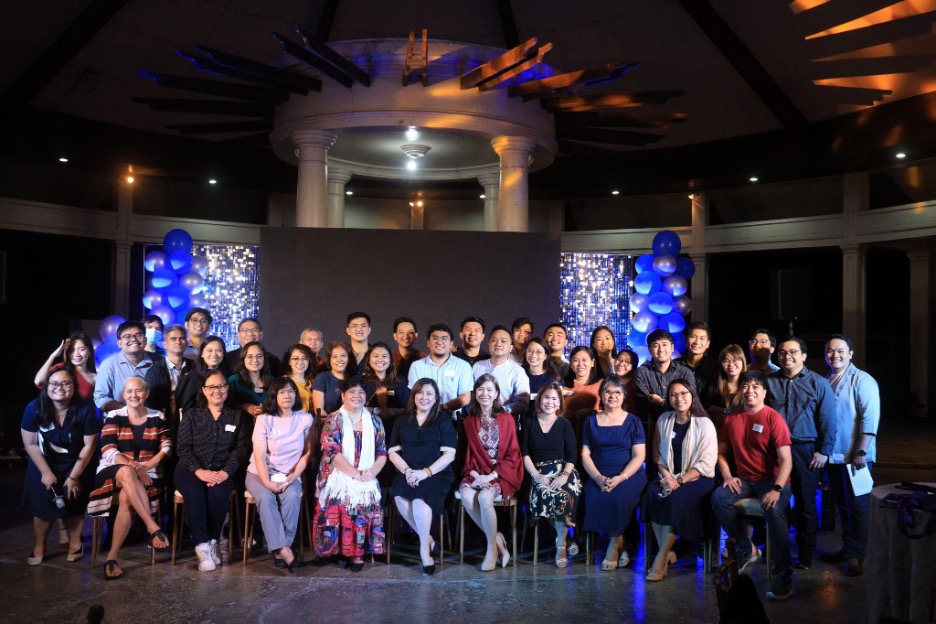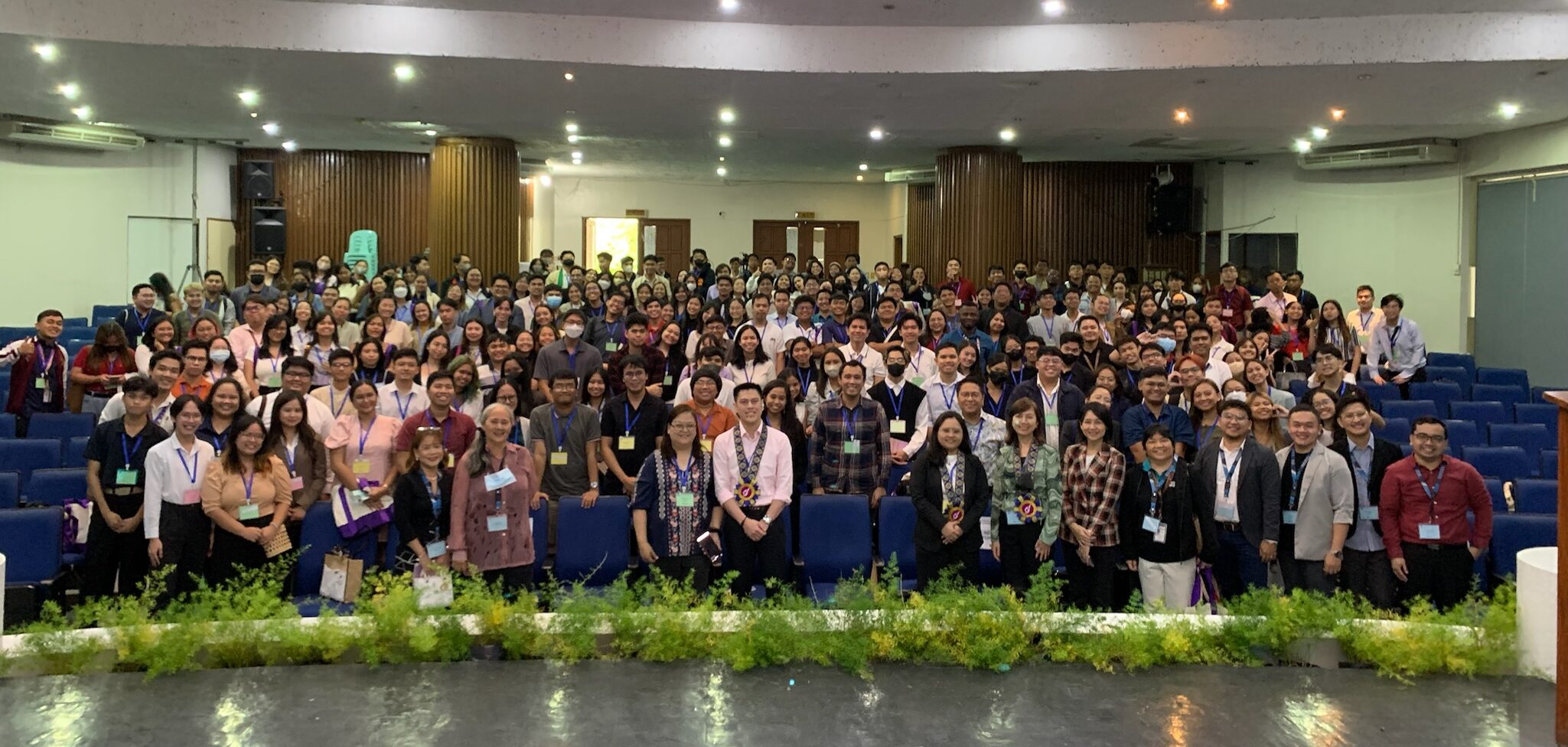As part of the upcoming changes due to K-12, INSTAT conducted a roundtable discussion last August 6, 2014 at the INSTAT Lecture Hall. This was part of its preparations for the curriculum review for crafting and/or adjusting its existing BS Statistics curriculum in the light of the university’s thrust to adopt the Outcome-Based Education principles. Spearheaded by the INSTAT Instruction committee, key resource persons were invited in the half-day discussion with the INSTAT Faculty.
These resource persons were identified from the various fields in which most of the BS Statistics graduates end up working in. From the academe, the INSTAT was fortunate to hear the insights from one of its pillars, Dr. Ann Ines N. Gironella now a professor at the Idaho State University, who was in the country at the time for a short vacation. Mr. Raymund G. Perez, also a former faculty of the INSTAT and himself a product of the UPLB BS Stat program, provided insights from his exposure in the field of data mining for the banking industry. Mr. Gary de Ocampo, managing director of a well-known market study firm, shared his views on the quality of graduates UPLB has produced and what he thinks should be strengthened in the curriculum. Ms. Violeta Bartolome, a senior scientist from the Biometrics Division of the International Rice Research Institute, was the representative for those who ventured into the field of research as a line of profession. Her views on the preparedness of the BS Stat graduates to go into research, specifically agricultural research was very helpful in the assessment of the courses designed for experiments in the existing curriculum.
The invited resource persons were also supported by alumni visitors who also joined in the roundtable discussion. These were Mrs. Avigail B. Cosico and Mrs. Alaine G. Gulles, both former faculty members and now working at IRRI.
The smooth flow of the discussion was made possible under the guidance of Dr. Liza N. Comia who served as moderator. Key points in the discussion were on identifying the specific minimum skills needed by the graduates in the various fields they may venture into after graduation and how the UPLB graduates fare in terms of these minimum skills. The resource persons were also asked to give their fair assessment of the quality of UPLB graduates they have hired/encountered in their fields. Suggestions on the existing curriculum were also solicited in the light of the DepEd’s K-12 program that is expected to affect the GE curriculum at the tertiary level.
At the end of the discussion, the highlights were summarized and presented by the appointed rappourteur, Prof. Roselle V. Collado. The mornings’ activity ended with a beautiful lunch wherein even more sharings were exchanged among the participants.
~RVCollado



